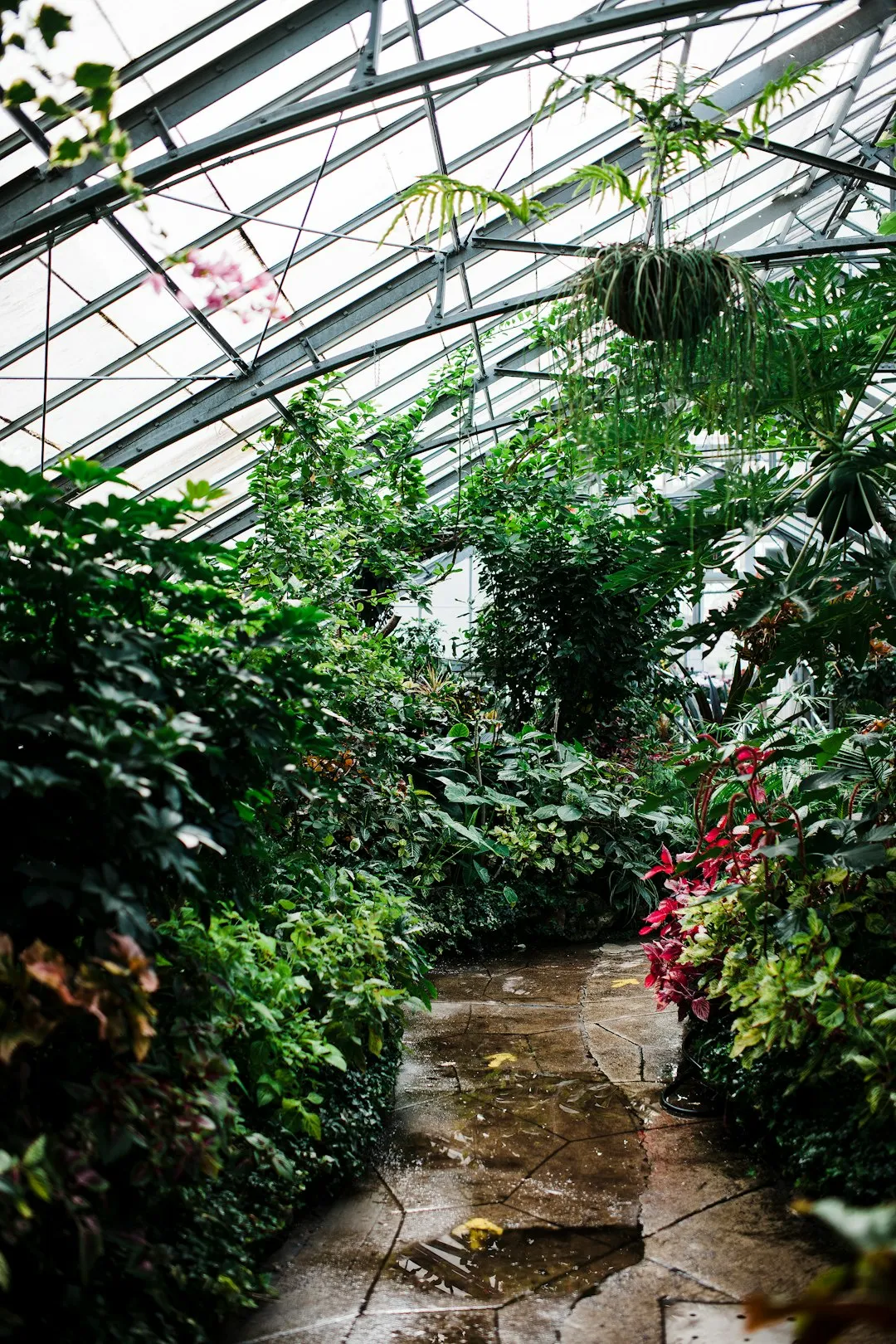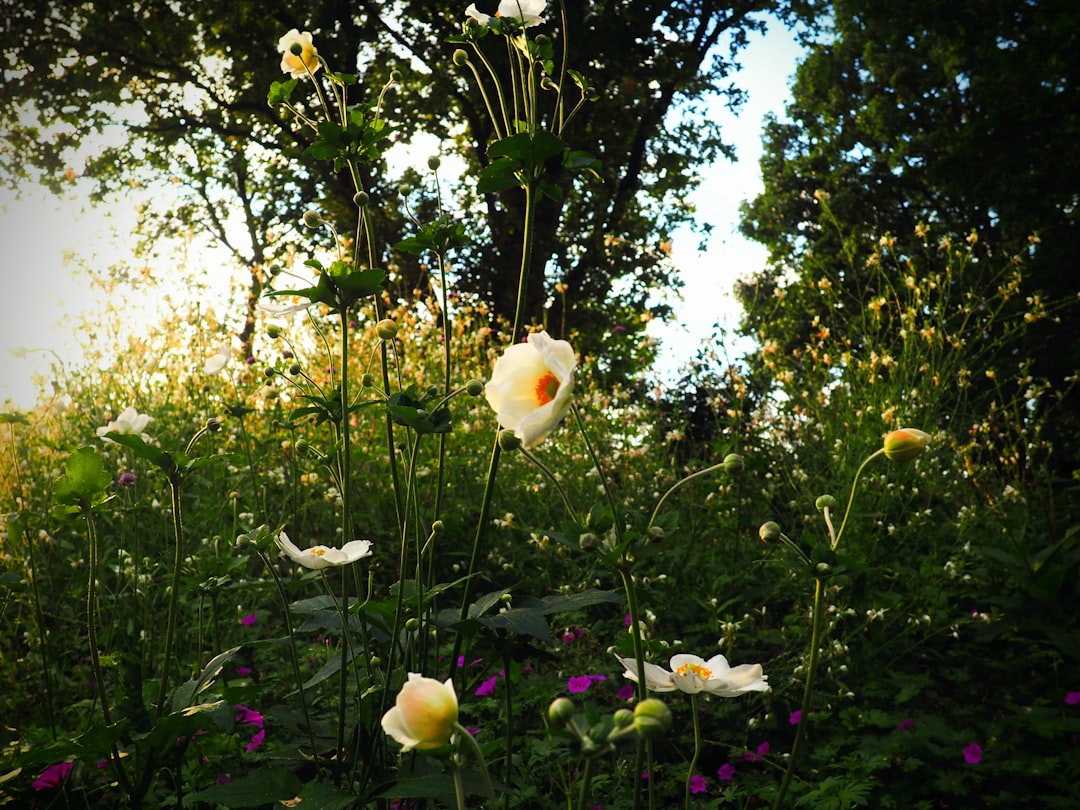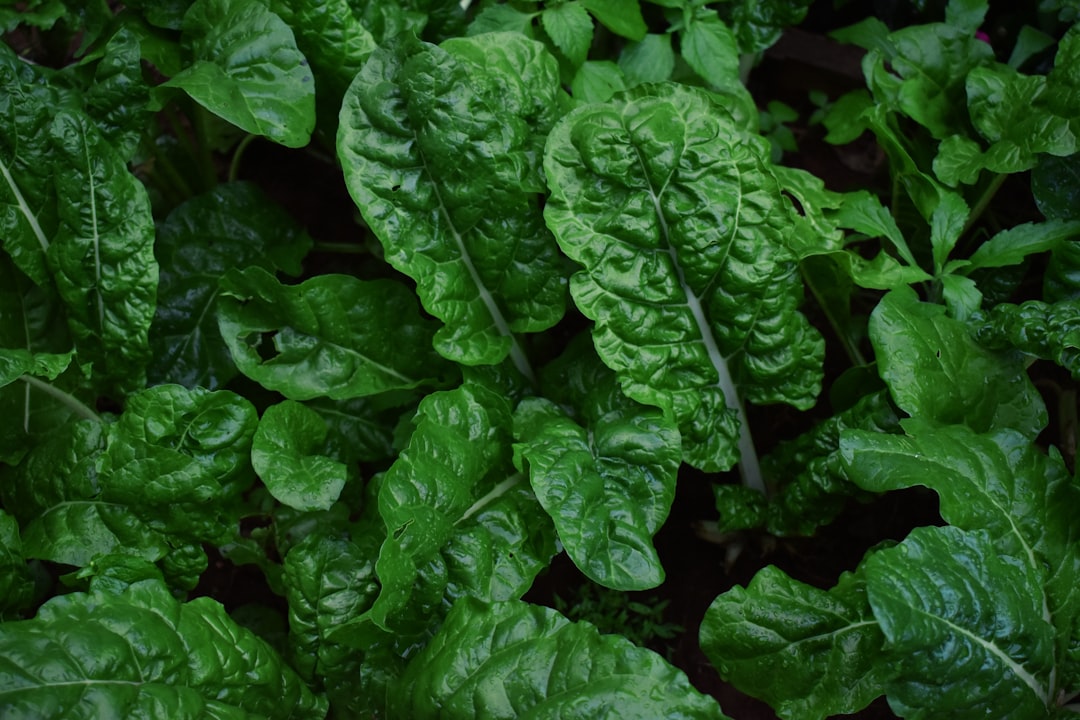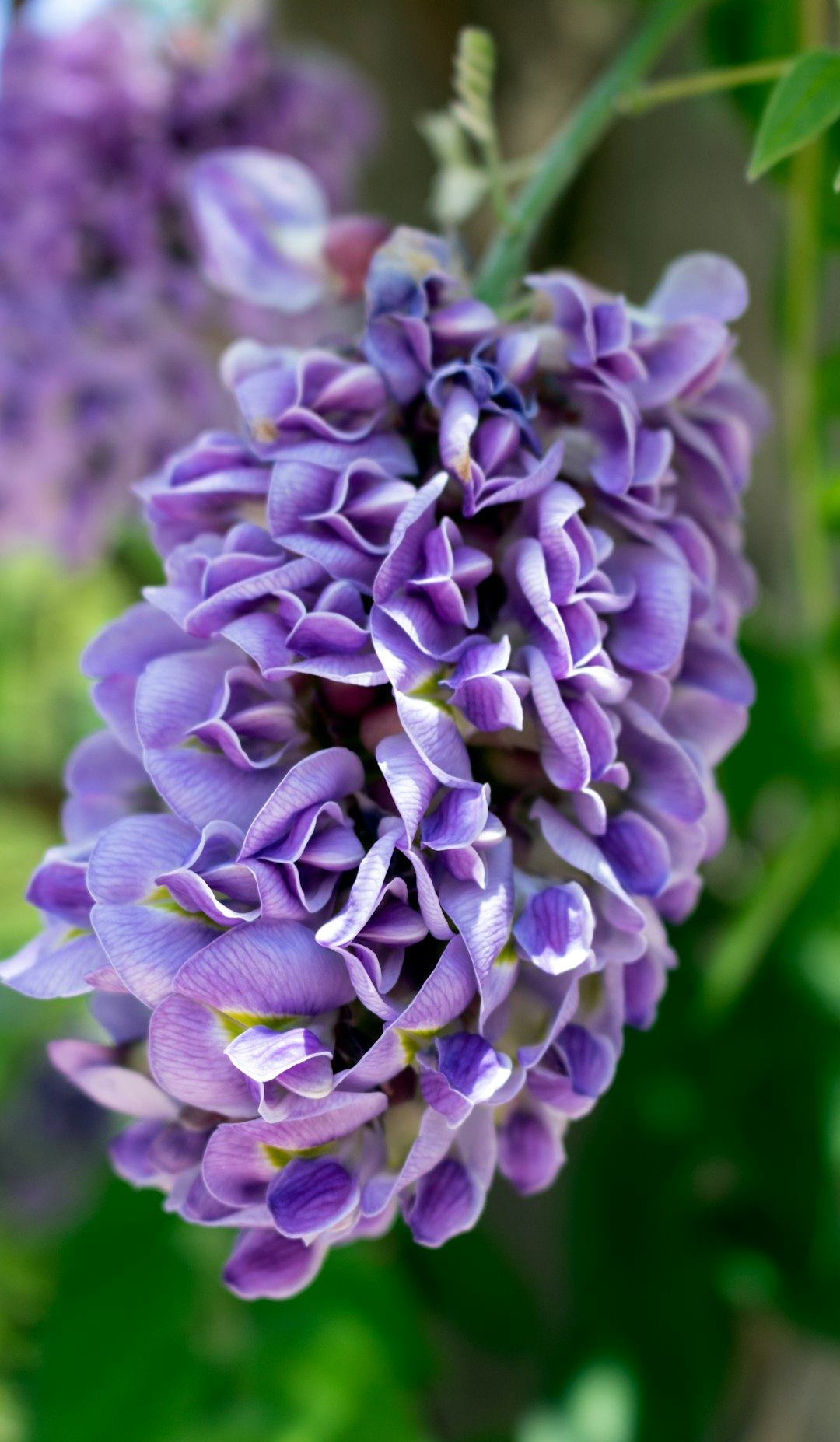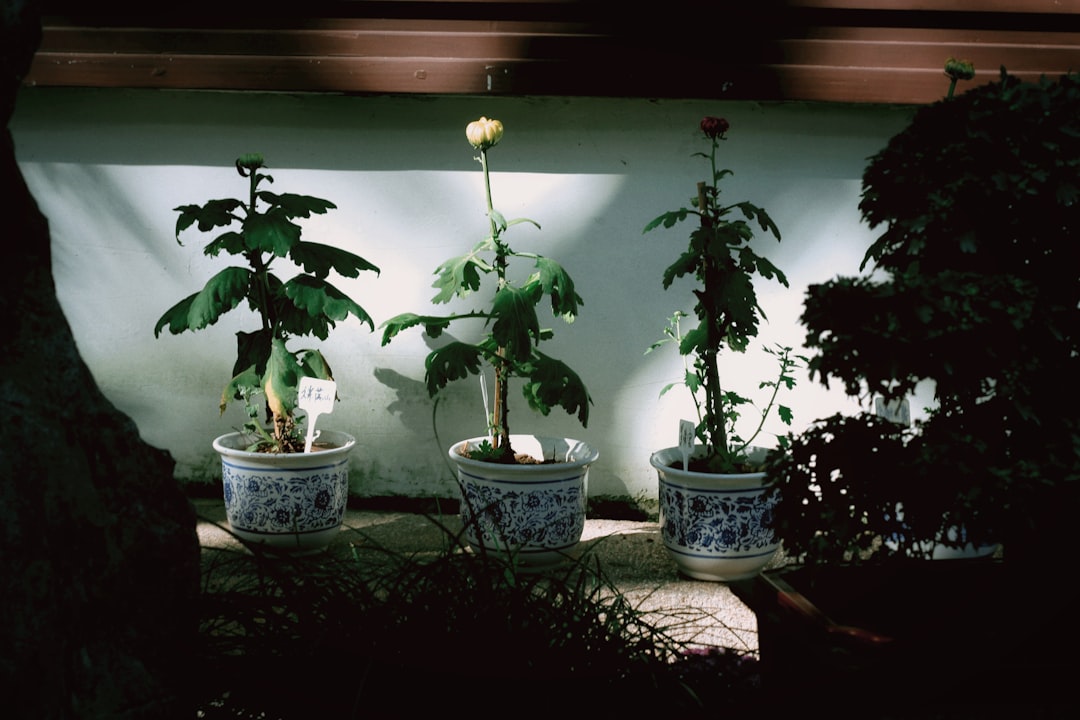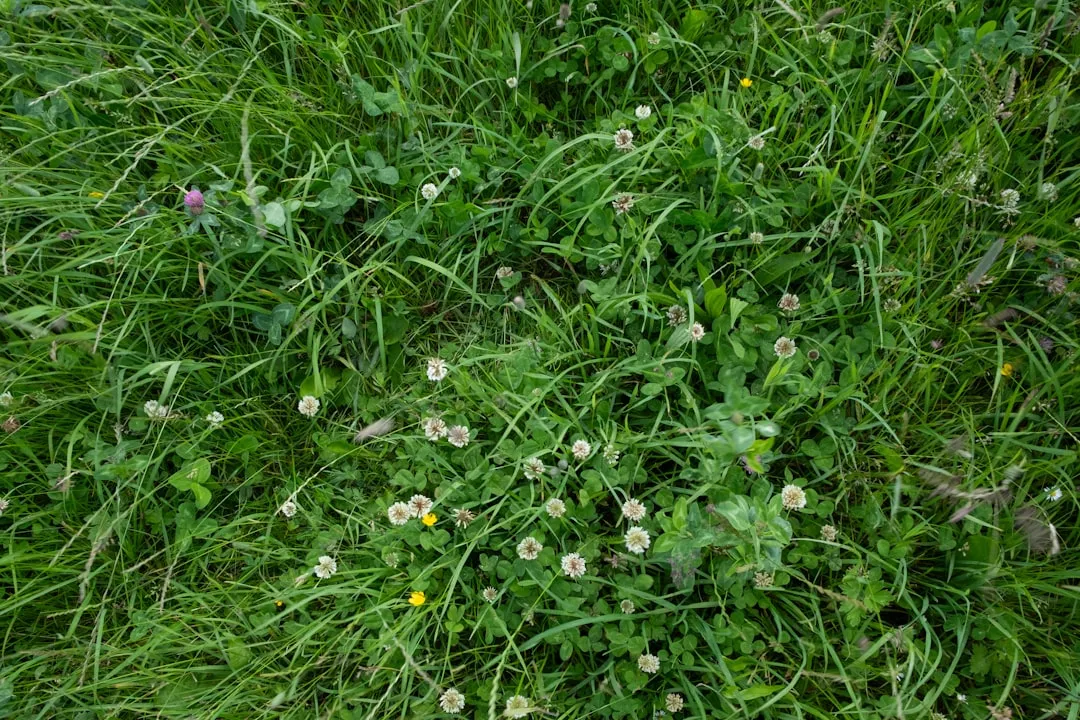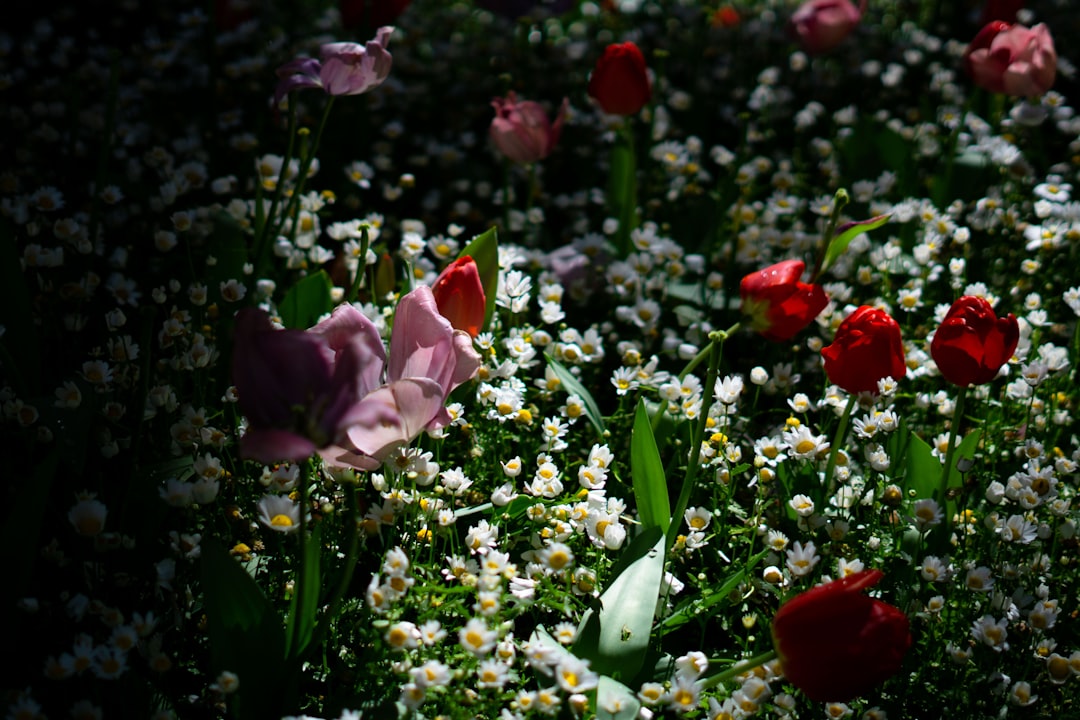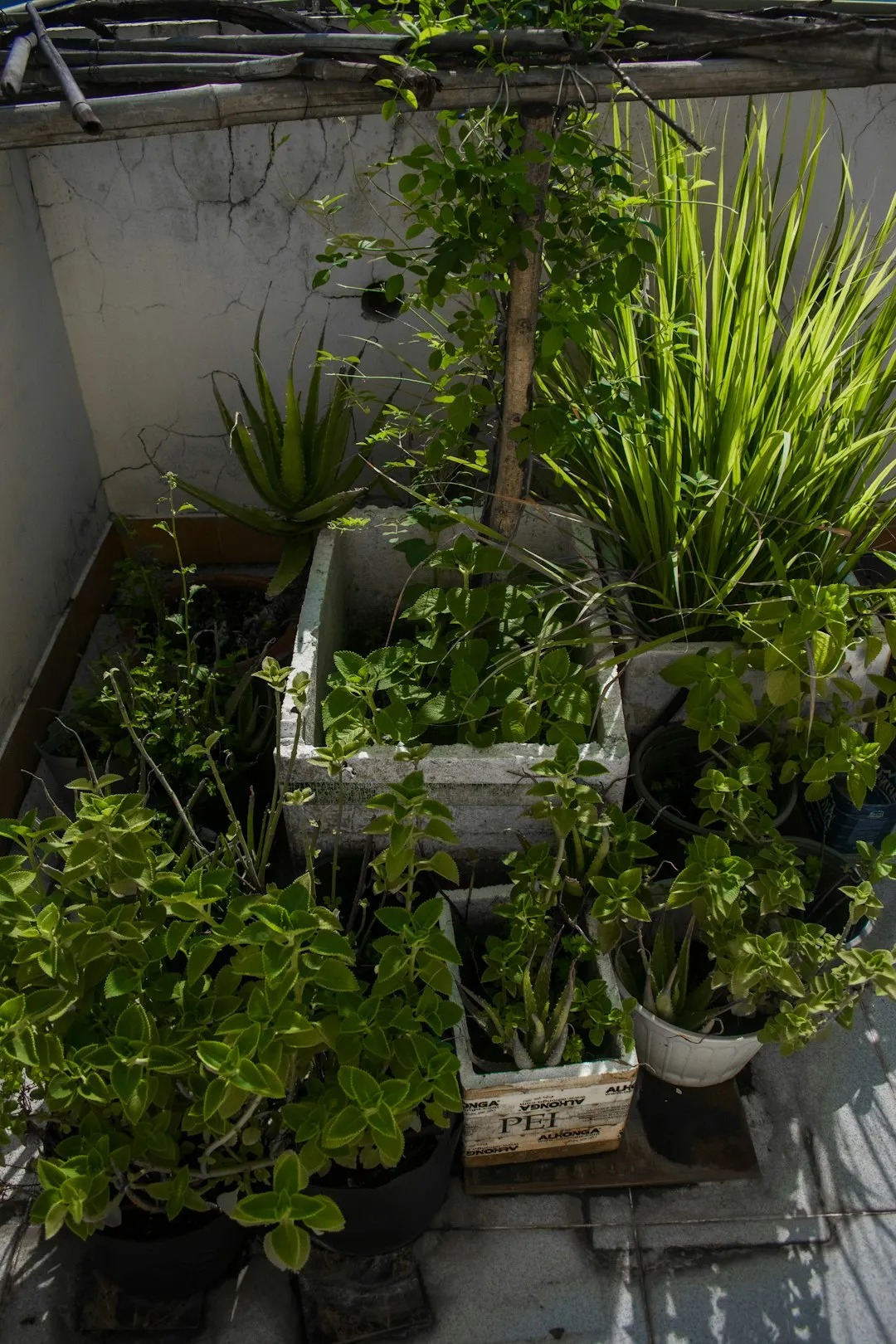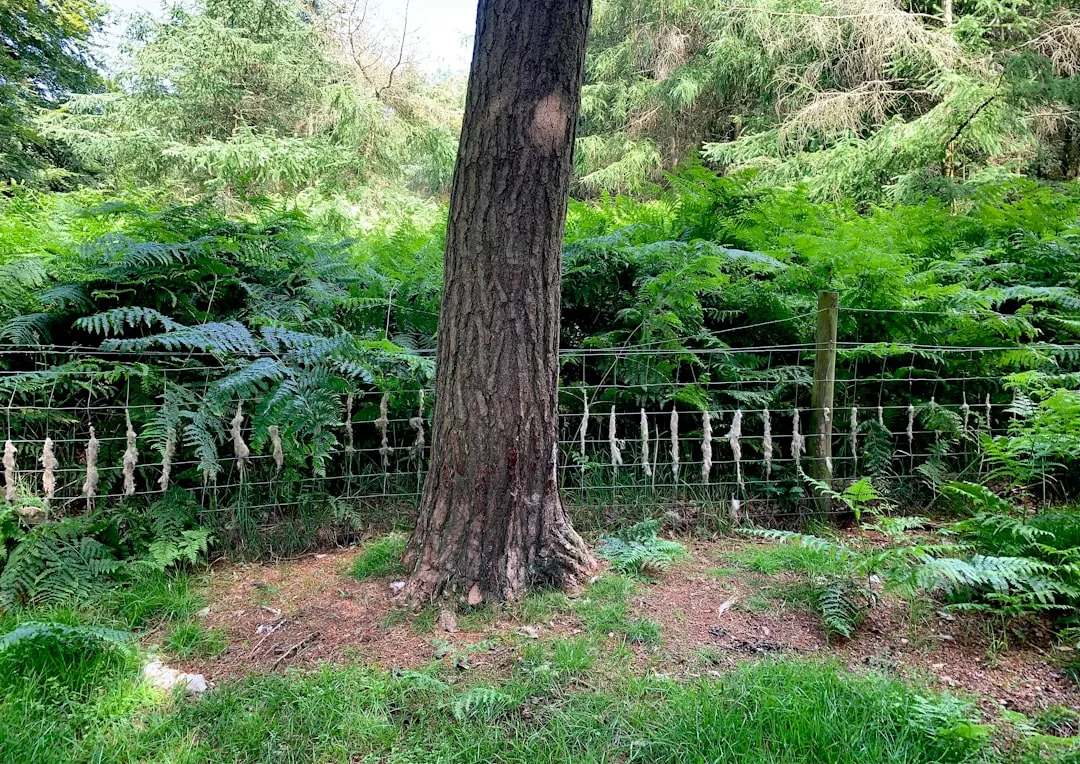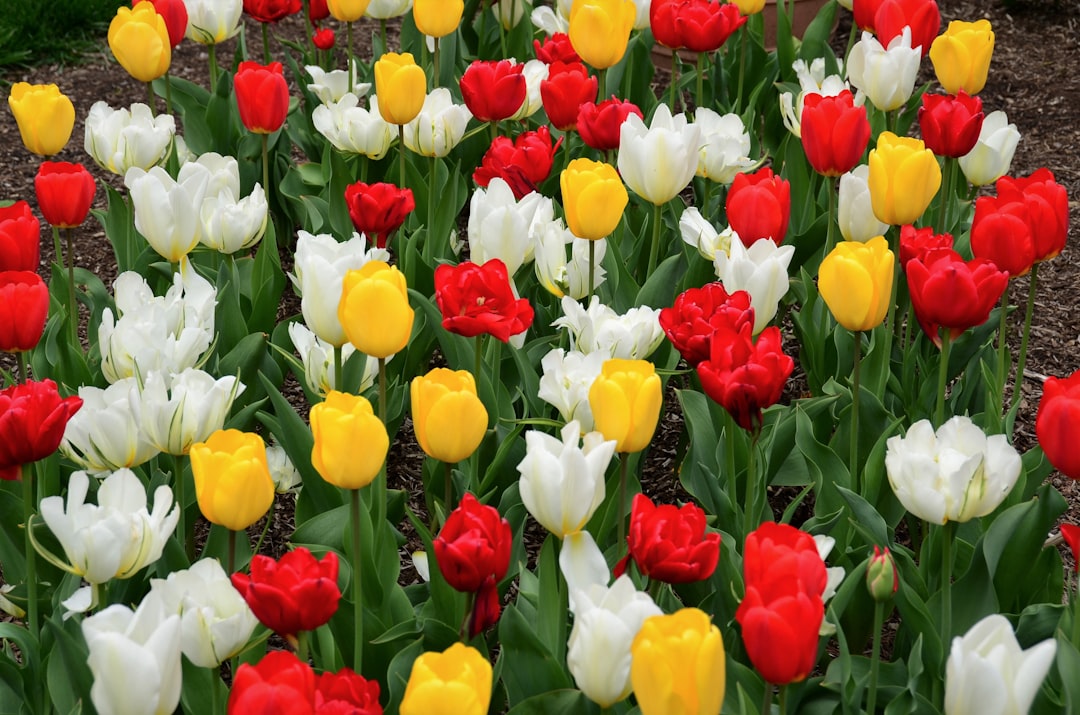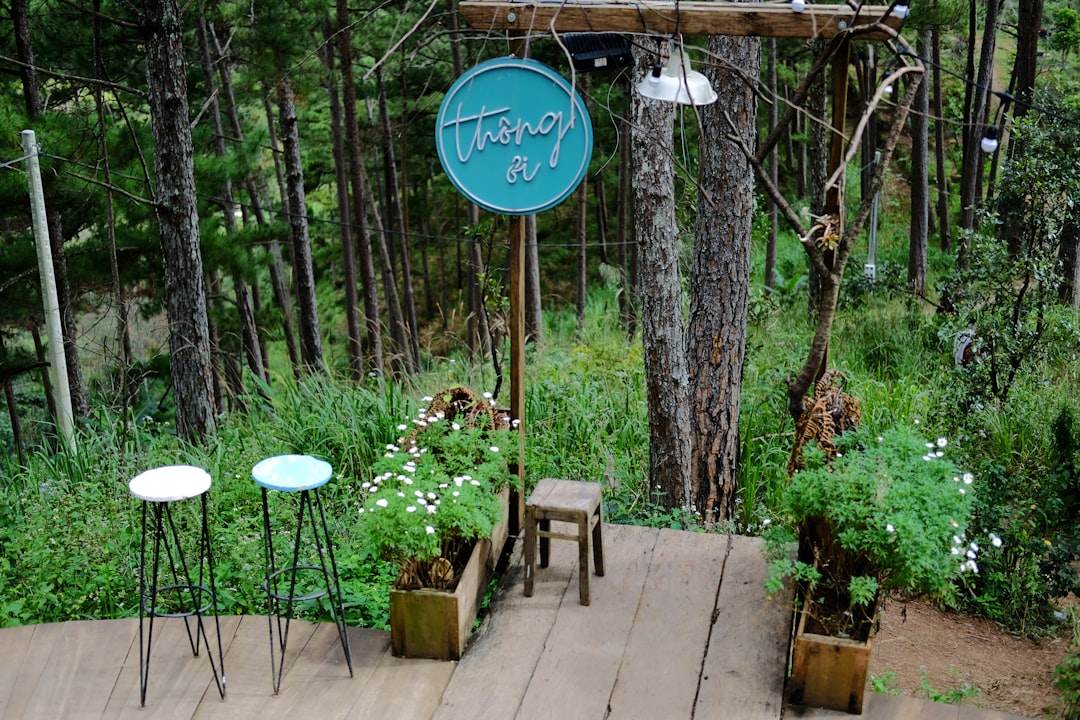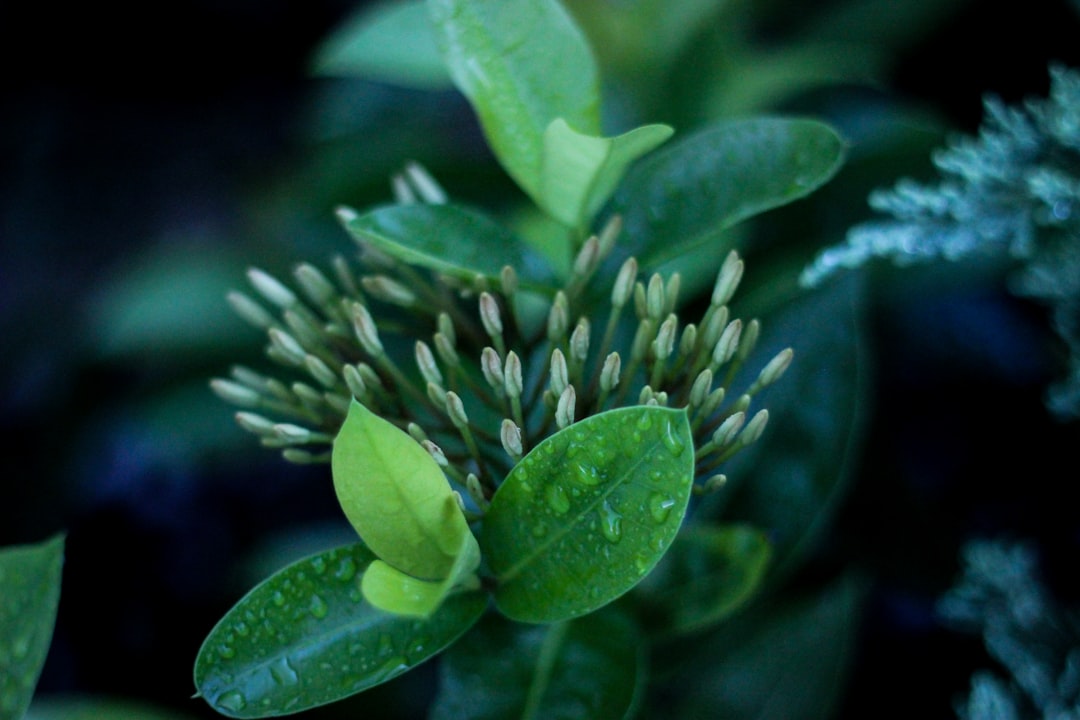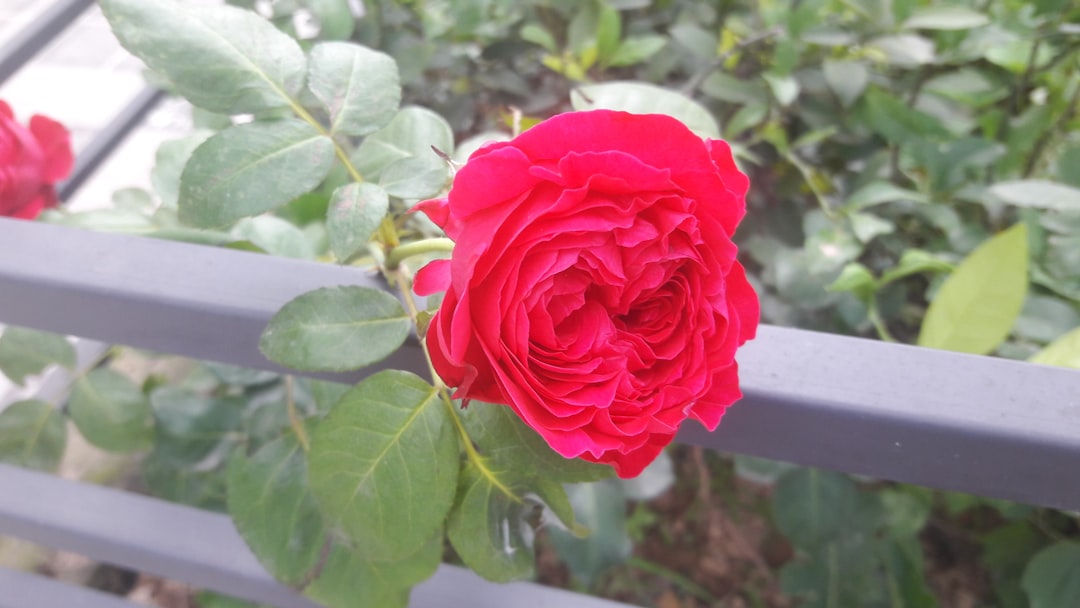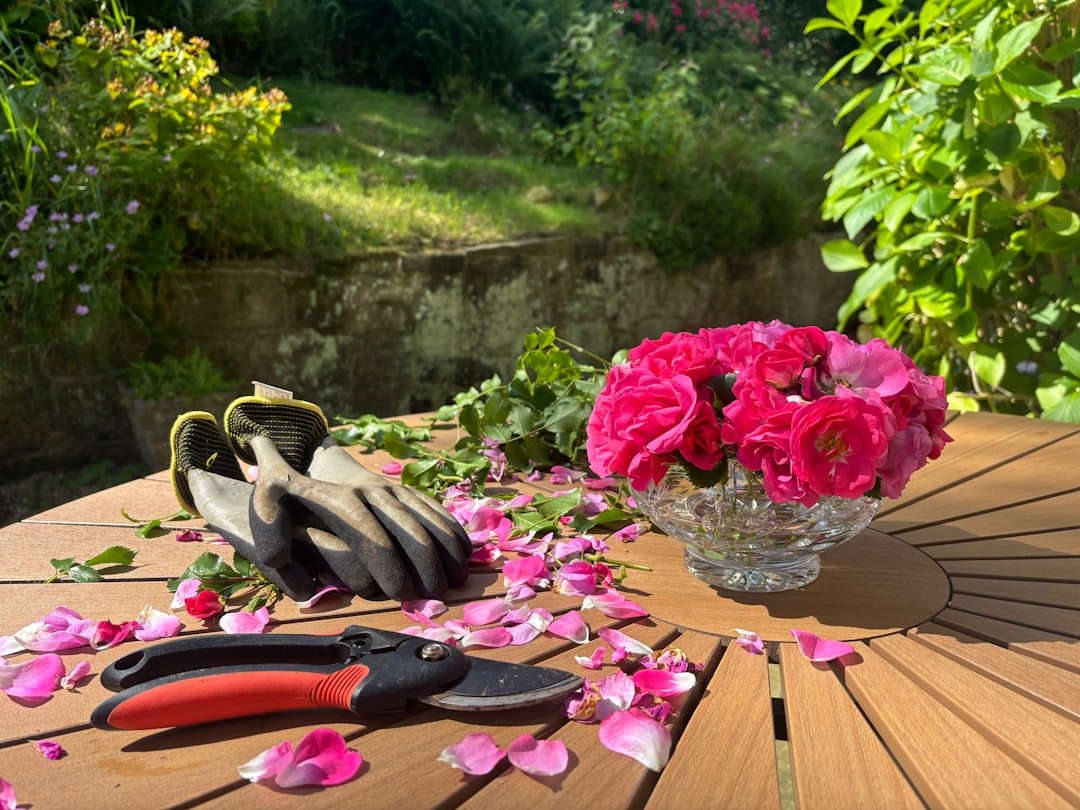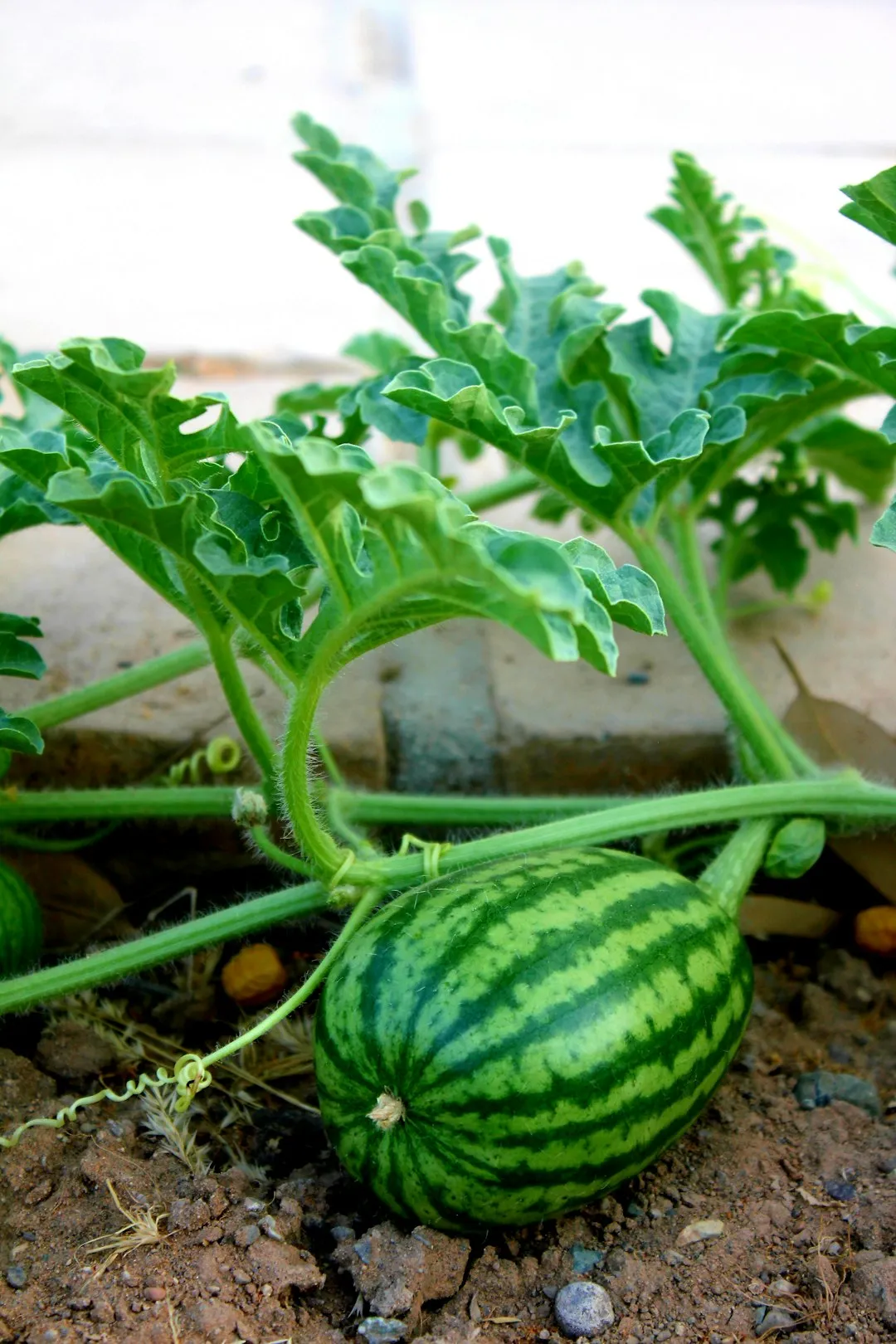Embarking on the journey of gardening brings with it a world of joys, from the anticipation of a blooming flower to the satisfaction of a bountiful harvest. Among the many practices that gardeners engage in, saving seeds and dividing perennials are two common and rewarding activities. However, what many gardeners may not realize is that there are legal aspects associated with these seemingly simple tasks. Before you reach for that seed packet to save or start dividing your favorite perennials, it's crucial to consult a comprehensive guide to ensure you're not inadvertently breaking the law.
Seed - saving has been a time - honored tradition passed down through generations. It allows gardeners to preserve heirloom varieties, adapt plants to local conditions, and reduce costs. But in today's complex legal landscape, there are regulations in place to protect plant breeders' rights. Many modern plant varieties are protected by patents, which means that saving and replanting their seeds may be restricted. For example, some hybrid seeds are developed through extensive research and breeding programs, and the companies that create them have the legal right to control their use. If you save and replant the seeds of a patented hybrid, you could be in violation of intellectual property laws.
To avoid legal trouble, it's essential to know the origin of the seeds you're working with. When purchasing seeds, look for information on whether they are open - pollinated, heirloom, or hybrid. Open - pollinated and heirloom seeds are generally safe to save and replant, as they are not subject to the same patent restrictions. Hybrid seeds, on the other hand, may come with specific usage instructions, and it's important to follow them carefully.
Dividing perennials is another common gardening practice that can have legal implications. Some perennials are protected species, and it may be illegal to divide, transplant, or even possess them without the proper permits. This is especially true for native plants that are at risk of extinction or are protected under state or federal laws. For instance, certain wildflowers that are native to a particular region may be safeguarded to preserve the local ecosystem.
Before dividing a perennial, it's a good idea to identify the plant accurately. You can use field guides, online resources, or consult with local gardening experts or botanical gardens. If you suspect that the plant may be a protected species, contact your local conservation agency or department of natural resources. They can provide you with the necessary information and guidance on whether it's legal to divide the plant and what steps you need to take if you want to do so.
Moreover, some areas may have regulations regarding the movement of plants, especially across state or international borders. If you plan to share divided perennials with friends or fellow gardeners in another location, make sure you are aware of any quarantine or import/export requirements. These regulations are in place to prevent the spread of pests, diseases, and invasive species that could harm local agriculture and ecosystems.
In addition to legal considerations, there are also ethical aspects to keep in mind when saving seeds and dividing perennials. By following the law, you are not only protecting yourself from potential legal consequences but also contributing to the conservation of plant diversity. You are respecting the rights of plant breeders who have invested time and resources in developing new varieties, and you are helping to preserve the natural heritage of your region.
So, the next time you're tempted to save seeds or divide a perennial, take a moment to do your research. Check a reliable guide, consult with experts, and make sure you're on the right side of the law. By doing so, you can continue to enjoy the pleasures of gardening while being a responsible and law - abiding gardener.
Remember, gardening is a wonderful hobby that connects us with nature and allows us to create beautiful and productive spaces. By being informed about the legalities of seed - saving and perennial division, you can ensure that your gardening activities are both enjoyable and sustainable in the long run.

